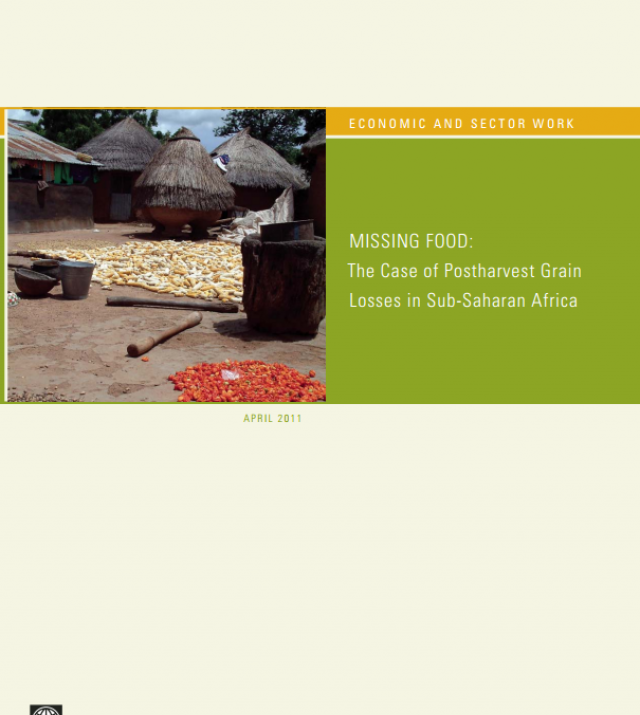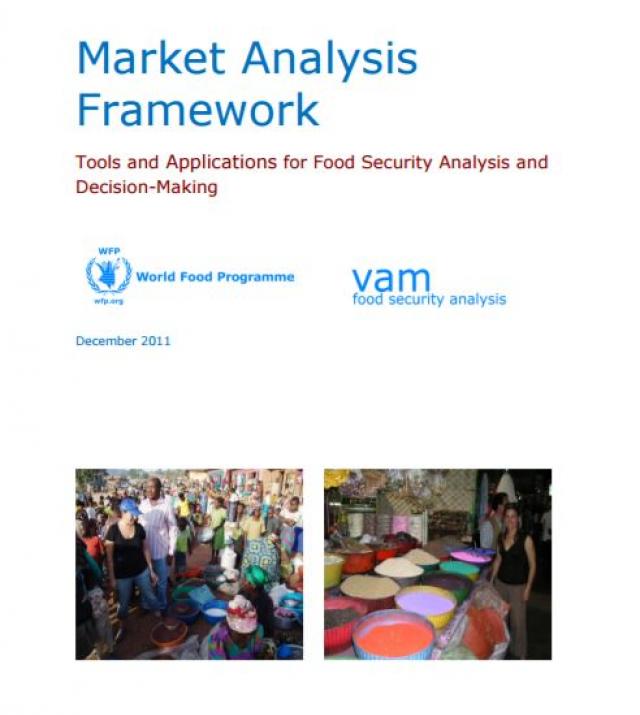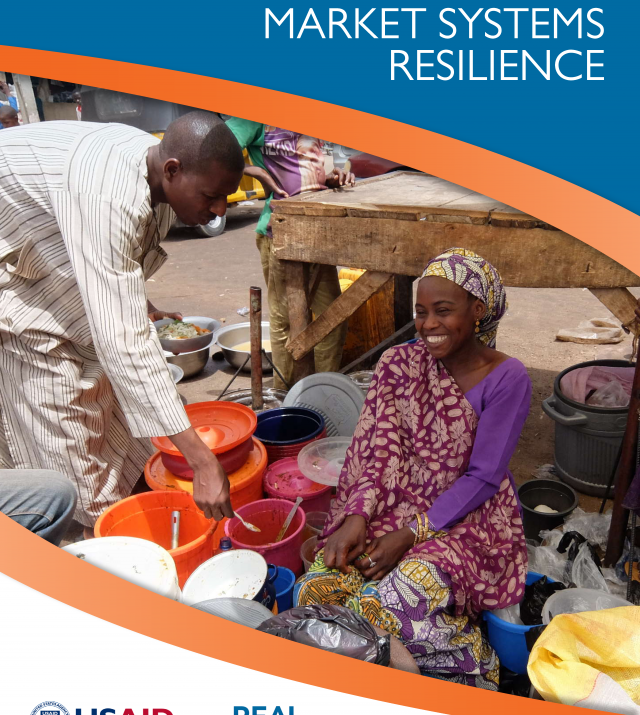
Back To Resource Library
Market System Approaches to Food Security and Nutrition Programming

The toolkit aims to fill a knowledge and capacity gap in applying market-based and market systems approaches in emergency and assistance programming. This project aimed to develop and deliver a blended learning course to equip program implementers with knowledge, skills, and abilities to apply market systems approaches in programming and to use Minimum Economic Recovery Standards (MERS) as a quality and accountability tool within their institutions, and with partners and stakeholders. Learn more about each module below.
- The Principles of Market Systems Approaches module teaches the basic principles of markets and market systems, including market systems development (MSD) and constraints on accessibility and functionality of markets. You will be able to apply your basics of market systems fundamentals to understanding typical constraints to achieving nutrition in agro-food and health systems.
- The MSD Case Studies to Achieve FSN Outcomes module reviews MSD case studies as a way to learn how to apply market systems development (MSD). You will learn how to identify MSD programming, including examples of good and bad MSD programming, and how to apply MSD to different market contexts.
- The Markets in Crisis module teaches how to apply a basic understanding of how market systems function to meet the needs of certain groups into crisis contexts. You will be able to distinguish between how crises may cause new constraints or exacerbate existing constraints in systems.
- The Markets in Crisis FSN Case Studies module reviews MSK in crisis context case studies as a way to identify the rationale between different types of market interventions to address different market constraints in a crisis. You will gather a mental ‘checklist’ of things to consider when attempting to deliver market systems approaches in different types of crisis contexts to achieve different outcomes across the crisis lifecycle.

